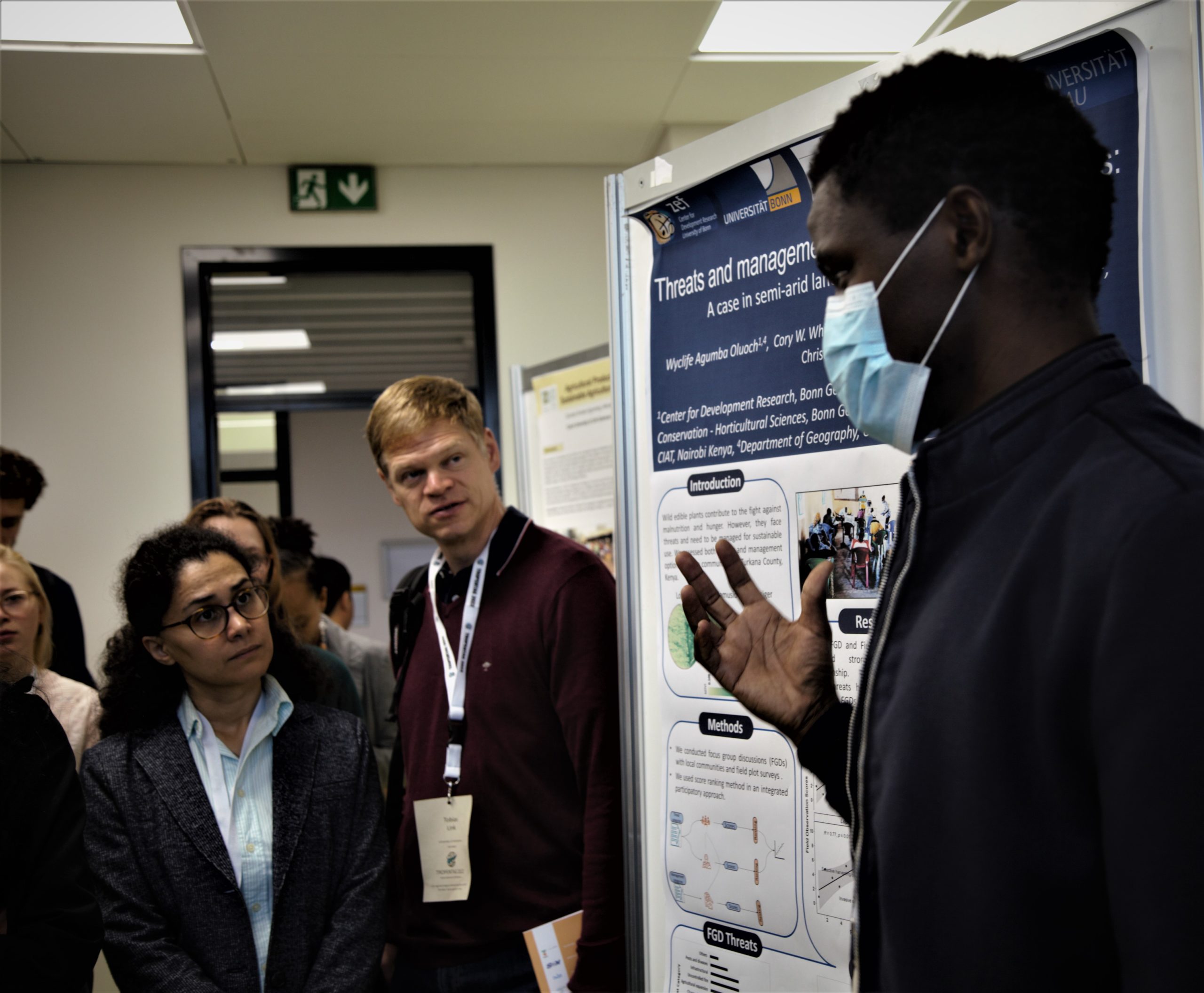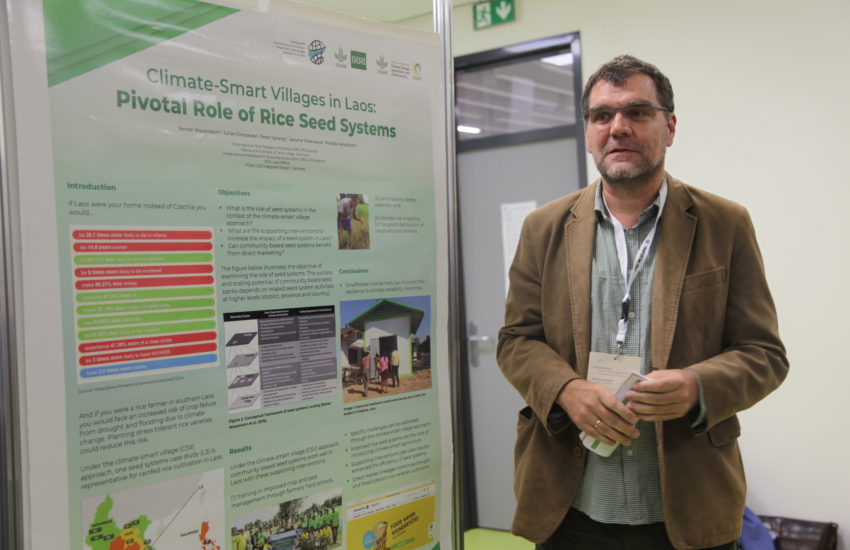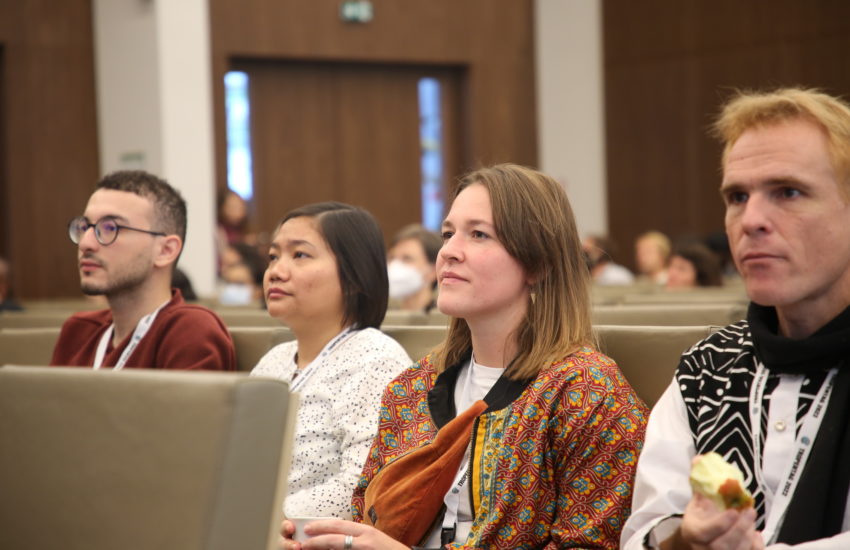Wild edible plants and agro-pastoral communities – loss of knowledge through generations
In the middle of several amazing posters, one poster really caught my eye and it was presented by Wyclife Agumba Oluoch where he focused on the threats and management options of wild edible plants in semi‐arid lands of Turkana County, Kenya at Tropentag. Within the three communities in Turkana County, climate change, overstocking, over-harvesting, and invasive species are identified as major threats to wild edible plants as people are not aware of the importance of wild species and how they can get benefit from them.
Well, now you might be wondering how come local communities are not aware of their surroundings and wilderness. Then let me take you back to the interview where Wyclife Agumba Oluoch pointed out that eroded knowledge within the community threatened diversity and also kept the community away from nutrition. It’s an irony to witness how this knowledge getting dissolved within the upcoming generation. The consumption of wild plants for food and medicine runs through the family over generations. But in this case, the knowledge seems to be dissolved. He added communities do consider climate change as a threat but they do not consider overstocking and over-harvesting as actual problems.
He said in Kenya, community initiatives with academia trying to close the loop by strengthening the knowledge of edible plants. The major challenge they are facing is the lack of trust between academia and the community. Even though they addressed the techniques and aware them how overgrazing put more pressure on land and how because of overgrazing young seedlings don’t even get a chance to even survive and ultimately create a less diverse environment that is even sensitive to climate change. He added, that the actual implementation of the initiative seems to be weak and needs to be strengthened.



